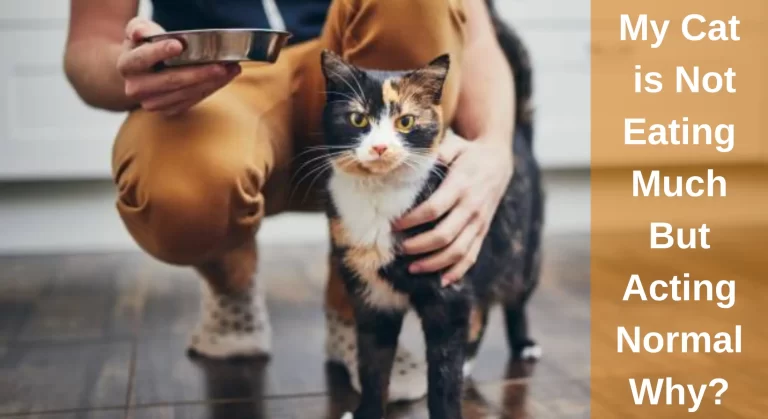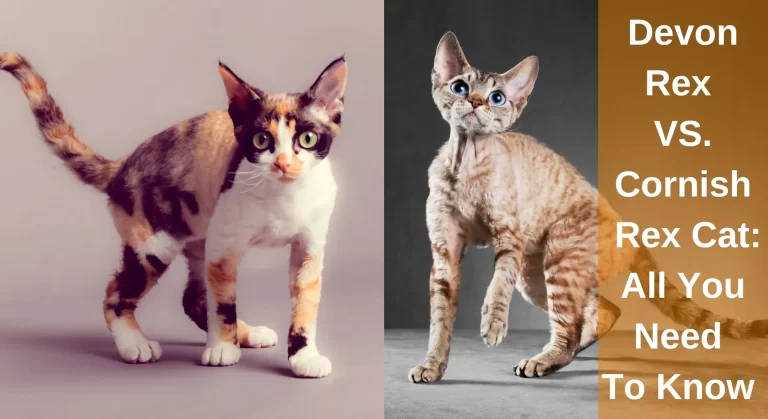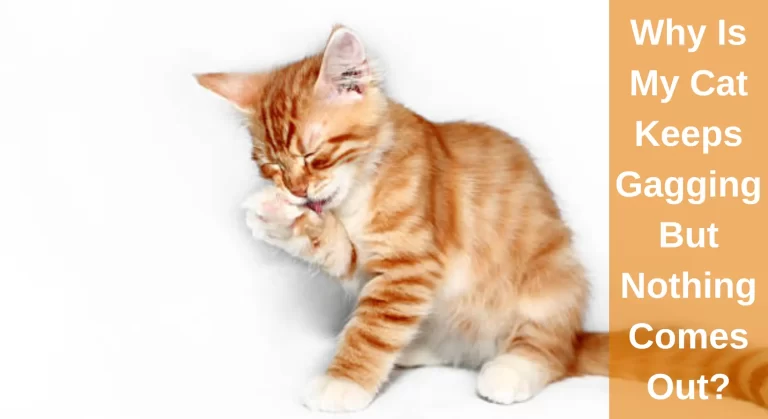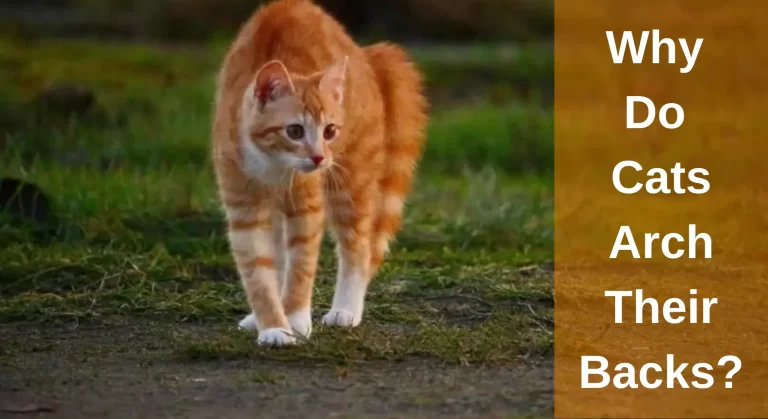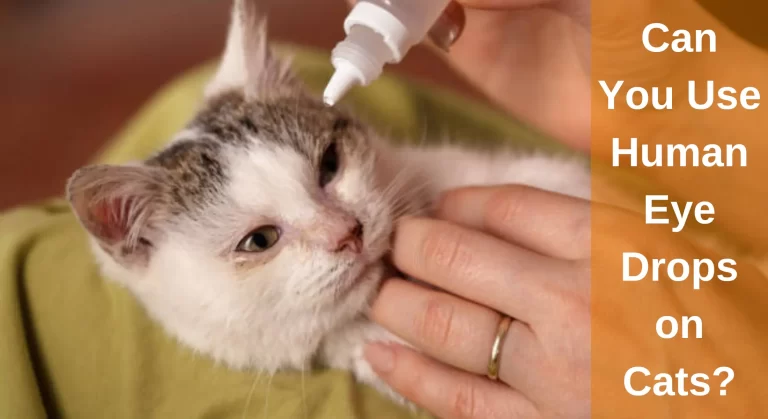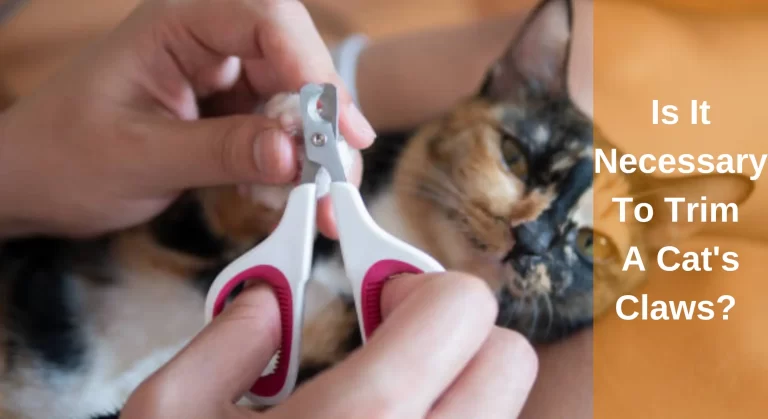Are Cats Clean Animals? All You Need To Now
While making the decision to get a pet, you factor in a lot of things, like how much you will need to care for it, its maintenance, and whether it will ruin your place or not. Will it keep itself clean or will it soil random spots in your house, leaving you with more on your plate? Are cats clean animals?
Cats are considered clean animals due to their grooming habits. They spend all day making sure they are spotless, constantly grooming their coats with their sharp tongues. They bury their waste terrifically after having used the litter, and mom cats spend most of the time grooming their young.
Cats are definitely the cleanest pets you can have, but exactly how clean are they? And why is your cat unable to clean itself? Read on to find out!

How Clean Are Cats? How Do Cats Clean Themselves?
Yes, cats are clean animals. They groom themselves for the majority of their existence. Their tongues contain small, rounded spikes that remove dirt, debris, and loss of hair, leaving them squeaky clean.
It also contains saliva, which is evenly distributed during grooming. This plays the role of a shower’s water for them. Cats also bury their waste with dirt or litter, covering up their urine or feces.
This is a primal instinct embedded in them for their survival. Because cats are physically tiny creatures, they have a disadvantage in the wild.
To ensure they are not sniffed out and taken as prey, they need to keep themselves spotless and undetectable at all times. In fact, if your cat is dirty, it means it is unable to groom properly, which points to a larger problem like obesity or arthritic joints.
Also Read: Why Does My Cat Clean Herself After I Pet Her?
Are Felines Cleaner than Dogs?
Felines arguably are cleaner than dogs. Dogs track dirt and waste inside with their paws since they go outside to relieve themselves. Felines instinctively bury their waste and know how to use a litter box.
They specifically make a hole with the litter for their pee or poop, then use the litter to bury it. They also spend hours grooming their private areas and paws later on.

While dogs do groom themselves, they only clean specific spots like their private parts and paws, whereas cats clean every inch of their bodies.
Felines also have the added advantage of being extremely flexible, which helps them in this regard. Dogs are not as flexible, so they cannot groom as thoroughly as cats do.
Find Out: Can I Use a Human Toothbrush on My Cat?
Are Cats Cleaner than Humans?
Saying that cats are cleaner than humans is a bit of a stretch. Cats, while relatively conscious about their hygiene, are still animals. They like to explore areas of dirt and hunt mice and bugs.
They also do not shower with water and soap as we do, and nothing can replace an actual shower or bath with soap or body wash. Additionally, cats do not focus on dental hygiene. We, as humans, have a daily toothbrush and flossing regime, which is not the case with cats.
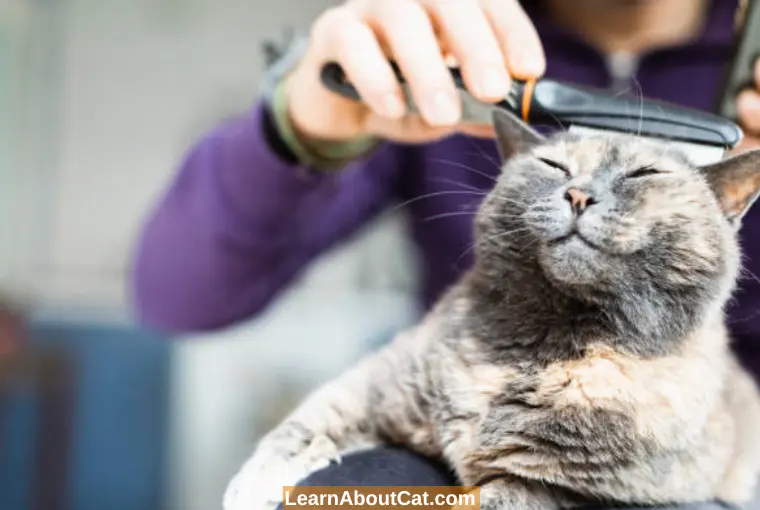
How Clean are Cats’ Mouths?
The oral cavity harbors millions of microorganisms. While we have a habit of brushing our teeth regularly and flossing, cats do not clean their mouths.
Additionally, they groom areas like their private parts and paws, so bacteria and debris from feces and dirt reside there as well, so you should not kiss your cat on the mouth.
Their mouth contains the bacteria Pasteurella multocida, which can be transferred to humans through their bites. If you get bitten by your cat and sustain a puncture wound (or a wound that is bleeding), get some first aid, then rush to your nearest emergency room.
How Clean Are Cats’ Tongues?
A cat’s tongue contains many tiny, rough papillae that trap loose hairs and debris while grooming. Cats also use their tongues to groom their private areas and paws, so it is safe to say that their tongues are definitely not clean. Never let a cat lick any open wounds as this can transfer bacteria to your system.
How Clean Are Cats’ Paws?
Cats walk around on their paws, and you wouldn’t say the soles of your shoes are clean. Even though cats groom their paws, they still use the litter box, which means pieces of litter and fecal microorganisms will be present regardless of your feline’s best attempts to keep its paws clean.
The bacteria Toxoplasma gondii, which is particularly dangerous to pregnant women, can be found in cat feces. If an expecting woman handles cat feces and gets infected, it can cause birth defects in her unborn child.
Check Out: Can Cat Urine Cause Headaches?
You can also get a Bartonella infection from your feline, which causes swollen glands, muscle pain, headaches, brain fog, and fever.
Challenges in Maintaining a Clean Cat
Maintaining a clean cat, while often easier than with other pets, still comes with its own set of challenges. Here are some common challenges cat owners may face when it comes to feline cleanliness:
- Shedding: Cats shed their fur, especially in certain seasons or in response to changes in temperature and light. This shedding can lead to a buildup of cat hair in your home, requiring regular cleaning to keep it tidy.
- Hairballs: Cats groom themselves by licking their fur, and this can lead to the formation of hairballs in their stomachs. While hairballs are a natural part of a cat’s life, they can sometimes be messy and unpleasant.
- Dental Hygiene: Maintaining a cat’s dental health can be challenging. Dental problems can lead to bad breath and may require professional dental cleanings. Cat owners need to be diligent in promoting good oral hygiene, which can include brushing the cat’s teeth.
- Accidents and Litter Box Training: Cats are generally litter-trained, but accidents can happen, especially with kittens or older cats. Maintaining a clean litter box and addressing accidents promptly is essential to keep the living environment hygienic.
- Fleas and Parasites: Cats can pick up fleas and other parasites, which can not only affect the cat’s health but also lead to cleanliness issues in the home. Regular parasite control is necessary to prevent infestations.
- Scent Marking: Cats are territorial animals and may mark their territory by spraying urine. This behavior can be challenging to deal with, particularly in multi-cat households, as it can affect the cleanliness and odor of the home.
- Outdoor Cats: If your cat spends time outdoors, they may bring in dirt, debris, or even small prey animals. This can introduce additional cleaning challenges, and you may need to groom or clean your cat more frequently.
- Allergens: Some people are allergic to cat dander and saliva, and managing these allergens can be a cleanliness challenge. Regular cleaning, air filtration, and grooming can help reduce allergen levels in your home.
Are Houses with Cats Dirty?
If you have an indoor cat, your house should not get dirty. However, this largely depends on your efforts to keep things tidy. There are two aspects of cleanliness a cat parent needs to be considerate of when it comes to their house:

The Litter Box
Maintaining the litter box is kind of understandable for a clean house. You need to change out your cat’s litter every other day and scoop it several times a day. If you don’t, your cat will track dirty litter and feces throughout the house (as dirty litter is sticky).
If your cat has a habit of kicking litter out of the box while burying it, or if there is too much litter in the tray, consider investing in a hooded litter box. Alternatively, you can also get a litter mat.
Shedding
Every cat parent knows how much cats shed, especially particular breeds like the Persian or Maine Moor cat. Felines shed in the spring and autumn to adjust their coat according to the demands of the changing seasons.
It is best to give your cat a bath once a month and brush it a couple of times a week (long-haired cats can be brushed daily) to tackle the excess shedding and prevent your cat from coughing up excessive hairballs.
You can also get a lint roller to remove cat hair from the couches and be sure to vacuum daily, especially when the weather is changing.
Also Check Out: Why Cat Peed In The Air Vent?
Cats and Cleanliness with Multiple Cats
Maintaining cleanliness in a household with multiple cats can be more challenging than having a single cat. Cats are territorial animals, and the presence of other felines can introduce various cleanliness-related issues. Here’s how to manage cleanliness when you have multiple cats:
1. Multiple Litter Boxes:
- The golden rule for multi-cat households is to have one more litter box than the number of cats. This ensures that each cat has access to a clean box. Keep the litter boxes clean by scooping waste daily and changing the litter regularly.
2. Spacing and Territory:
- Cats need their own space. Provide separate resting and feeding areas for each cat to reduce the chances of territorial conflicts.
3. Territorial Marking:
- Cats may mark their territory by spraying urine. Neutering or spaying your cats can help reduce this behavior. Additionally, use enzyme-based cleaners to thoroughly clean marked areas to deter future marking.
4. Grooming:
- Regular grooming can help reduce the amount of cat hair in your home. Brush your cats frequently to minimize shedding and hair accumulation.
5. Reduce Stress:
- Stress can lead to cleanliness problems. Ensure that each cat has a safe and stress-free environment. Feliway diffusers, which release calming pheromones, can be helpful in reducing stress.
6. Regular Veterinary Care:
- Schedule routine vet visits to ensure your cats are healthy and free from parasites, which can be a source of cleanliness issues.
7. Separate Feeding Stations:
- Provide separate feeding stations for each cat to avoid food aggression and food-related cleanliness problems.
8. Clean Common Areas:
- Cats often congregate in common areas. Regularly clean these areas to remove hair and any mess created during play or meals.
9. Quality Litter:
- Invest in high-quality cat litter that clumps well and controls odors effectively. This will help in managing litter box cleanliness.
10. Supervision and Intervention:
- Keep an eye on your cats’ behavior and intervene if you notice any signs of territorial disputes or cleanliness issues. Address conflicts promptly.
11. Consult a Veterinarian or Behaviorist:
- If cleanliness problems persist, consider consulting a veterinarian or a feline behaviorist for expert advice on resolving cat behavior issues in multi-cat households.
What if My Cat Stops Using the Litter Box?
Cats are not inherently dirty creatures, so there is always a reason why it is not using their litter box. The following are some possible reasons:
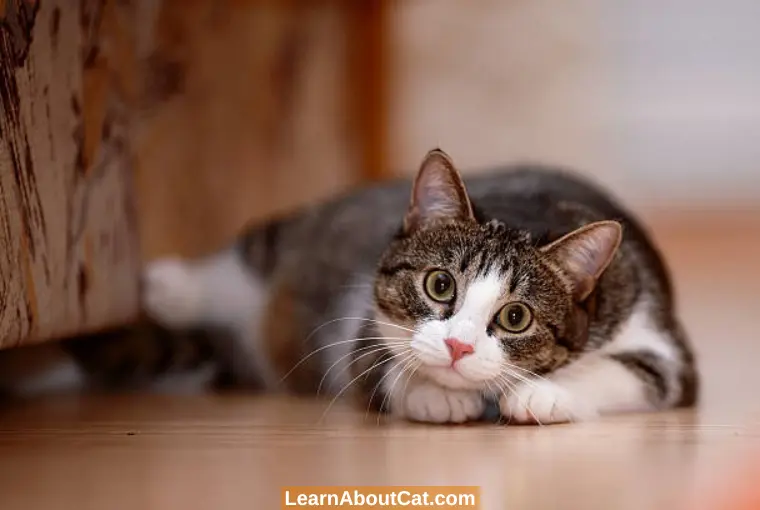
- Some cats prefer more than one litter box, one for peeing and a separate one for their poop. They definitely want their own litter box if you have more than one cat.
- Your cat may not like the type of litter.
- Your cat may be uncomfortable with its litter box.
- Be mindful of where the litter box is located.
- Make sure the litter box is clean.
- Cats stop using the litter box when stressed.
- Your cat may have a medical condition.
Frequently Asked Questions
What if my cat isn’t grooming himself?
If your cat is not grooming itself, consider booking a visit with a vet. Only a cat that is sick will stop grooming itself. For example, excess weight makes movement more difficult, and so do painful joints.
How can I help my cat stay clean?
Brush your cat regularly to remove loose hair and dirt. This will also help to prevent mats and tangles.
Brush your cat’s teeth at least twice a week.
Trim your cat’s nails regularly to prevent them from getting too long and sharp.
Clean your cat’s ears and eyes regularly with a damp cloth.
Bathe your cat as needed, but be careful not to overdo it, as this can dry out their skin and fur.
Keep your cat’s litter box clean and in a well-ventilated area.
Do I need to give my cat a bath?
Generally speaking, cats do not need a bath unless their fur gets coated with something that is difficult to remove. If your feline is excessively shedding, you can give it a quick rinse, but only give your cat a bath once a month.
Conclusion
Not only do cats have our hearts, but they are also extremely clean animals. They frequently groom themselves and have excellent bathroom etiquette. However, cats are not completely sterile, so you should be aware of the types of bacteria they can carry.
Also, if you are thinking of getting a cat, you will need to vacuum often, buy a lint roller, brush your cat, and clean out the litter box in order to maintain a clean house.
Who is Isabella?
My name is Isabella, and I am a dedicated and knowledgeable cat enthusiast. With years of experience caring for cats and a deep love for felines, I made a mission to help other cat lovers navigate the challenges of cat ownership.

